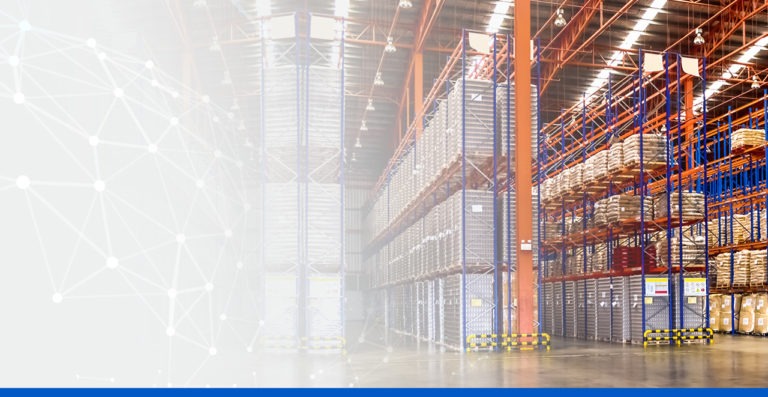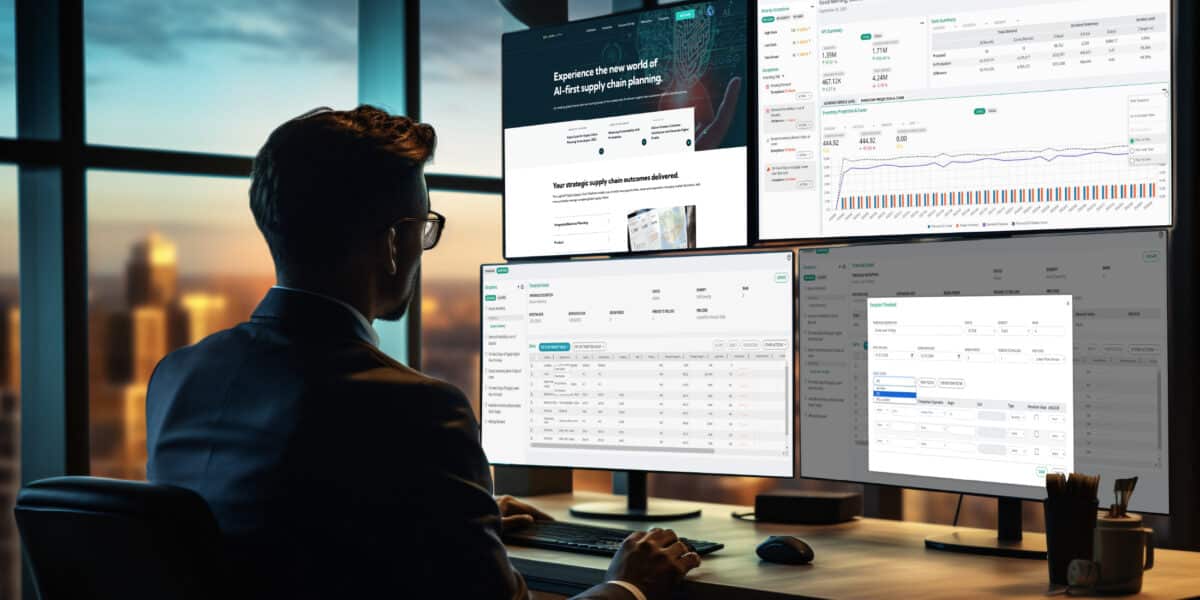
Stricter regulations and changing market conditions mean ensuring supplier sustainability is a crucial step in building more resilient, sustainable supply chains.
In December 2020, the US Customs and Border Protection issued a detention order on cotton products sourced from some parts of China. It marked the sixth such enforcement order from the U.S. import authority in the space of three months against goods made by forced labor from China’s Xinjiang Uyghur Autonomous Region (XUAR). It was also a stark reminder to businesses about the need to take charge of the social sustainability of their supply chains and suppliers.
What Does Having a Transparent Supply Chain Really Mean?
Companies can guarantee supply chain traceability and supplier accountability when they can effectively track the journey taken by their product or service from the sourcing of the required raw materials for production to the delivery of the finished goods. This requires every participant and stakeholder — brands, vendors, retailers, manufacturers, suppliers, contractors, brokers, agents, carriers, and freight operators — to be on the same page in terms of values and social impact. The values a brand stands for must be observed at every level of production, from product design to manufacturing and delivering the materials that go into them.
Traceability and accountability on the supply side can only credibly exist when businesses are able to ensure accountability, transparency, and adherence to prescribed standards of engagement. Companies and brands benefit from this transparency as senior management can make better, more brand-aligned decisions about the supply chain and the business. These decisions can lead to reduced risk, greater corporate compliance with social responsibility, better manufacturing practices, and protecting the brand from the wrong kind of attention.
The Role Digital Technology Plays in Traceability and Accountability
Just as staying in compliance with supplier sustainability has never been more critical than it is today, it has also never been easier for savvy business owners and company executives. Today, there are digital solutions dedicated to the very purpose of facilitating compliance with sustainability principles.
Establishing a sustainable supply chain relies on compiling real-time data into a central repository for analysis. This ensures that stakeholders get the business intelligence and data-driven insights they need to make the best decisions concerning the supply chain.
Data-friendly supply chain management solutions help businesses comply with the four core tenets of supplier sustainability, namely:
- Supply chain traceability: The guarantee that a business is able and willing to account for the history of its products, including raw material and labor inputs during sourcing;
- Corporate social responsibility: Ensuring that both the business and every supplier it works with are committed to the same standards and practices;
- Fair labor: Committing to source only products that have been created under fair working conditions with proper living wages, and most especially without the use of child labor or forced labor;
- Fairtrade: Choosing to move beyond getting sourcing materials as cheaply as possible to paying a sustainable price so resource producers can thrive instead of just survive.
How Logility Empowers Businesses to Achieve the Four Core Pillars of Supplier Sustainability
Logility brings 45 years of experience in supply chain planning and management. We support companies looking to seize new opportunities in response to the changing dynamics of today’s market and more profitably manage their complex global businesses.
The Logility® Digital Supply Chain Platform offers an innovative mix of artificial intelligence, advanced analytics, and automation capabilities that businesses can leverage to improve visibility of the supply chain and break down business silos. These are critical steps to achieving the four pillars of supplier sustainability. This platform allows supply chain managers to:
- Manage risk: There are always risks involved with third-party vendors, but increased visibility and data lends greater visibility to the supply chain. This enables businesses to ensure vendor accountability, transparency, and adherence to the agreed standards of engagement;
- Simplify the complexities of the supply chain: With a centralized dashboard through which all data is channeled, businesses are empowered to manage, evaluate, and report on details of supplier compliance;
- Maintain good practices: The data analytics capabilities of the supply chain platform provide real-time data that informs decision-making by senior management. This facilitates compliance with corporate social responsibilities and good manufacturing practices;
- Ensure accountability: The increase in visibility provided by the Logility® Digital Supply Chain Platform makes it easier to enforce sustainable operating standards for all parties involved with sourcing, supply, design, and manufacturing.
These features make it possible for businesses to manage tasks that are critical to maintaining supplier sustainability, such as:
- Creating and managing profiles that cover capabilities, machines, certifications, and contracts profiles
- Improving decision-making where vendors are concerned due to the ease of compiling and accessing information on certifications, methods, factory scorecards, and product quality
- Facilitating onboarding of new suppliers by easing them into established processes in order to maintain transparency and accountability using calendars, alerts, and collaboration
- Managing regulations concerning a host of products through standardized forms and scheduling
- Facilitating continuous improvement in areas of weakness or compromise.
The Logility® Digital Supply Chain Platform provides critical solutions necessary to ensure supplier sustainability and so much more. Contact us today to learn how we can set you on the path to a more sustainable supply chain.


